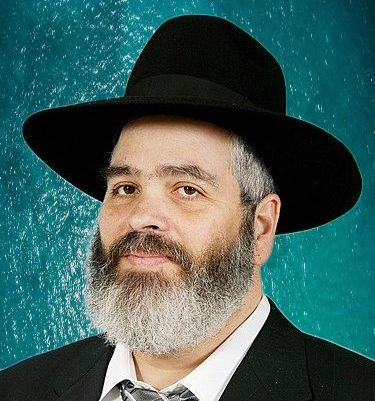
Something does not jibe with the facts. They told us that the army took over northern Gaza and is controlling the entire area, banishing hundreds of thousands residents to southern Gaza. Reports tell that most of the buildings in the captured parts were destroyed, while those that still stood were not fit for habitation.
They also tell us about the food shortage, the humanitarian crisis and other similar stories of the conditions in Gaza, feeding the imagination with scenes of devastation, large sections deserted of population and buildings on the verge of collapse at any moment. In short, Dresden, Germany, after the War.
The Israeli army left parts of Northern Gaza, and the photos which the local residents took reached the media. Pictures taken at the refugee camp of Jabalya show business as usual.
The local market is a replica of an Israeli open market. Thousands of people swarming through the side streets; vendors at their laden stalls, hawking their varied merchandise to those milling around. The buildings in the background seem none the worse for the war. In short — a pastoral, bucolic scene of a city functioning very normally.
Not far off, on the other side of the border, one can see large desolate, deserted settlements, shops and businesses shut and shuttered, while in Jabalya, everything is normal, as before the 100-odd days of war.
Something is fishy here. How come that in Gaza, which was embroiled in three months of heavy warfare, everything is normal? Hamas continues to rule here as before. It dictates its conditions to Israel and refuses any compromise.
Perhaps this is a case of Photoshop or something more sophisticated, for if not, there is a discrepancy between what one sees and what one hears.
We Always Have to Pray
In parshas Beshalach which we will be reading this Shabbos, Bnei Yisroel make a simple request: "Give us water to drink." They find themselves in the desert, confident that Hashem will provide them with their necessary sustenance, and then they find themselves lacking the basic element of water. They are thirsty and they complain to Moshe.
Is this not an elementary and very justified request? And if He cannot provide this, they argue, why did He take them out of Egypt to bring them to the desert? This place is called Maso umeriva in the Torah, trial and discord, because the people tested and contended with Hashem.
We cannot help asking if this was really unwarranted? Why are they being reprimanded?
The Ohr HaChaim HaKodosh presents an important principle for all time:
"It appears as if Hashem tested them in order to teach them to look heavenward and to pray to Him. This is a vital precept in emunah and the perfection of the soul for all coming generations."
In other words, we see Klal Yisroel freed from Egypt and on their way to receive the Torah. Here, they are being taught a lesson: You must know that getting whatever you need can be obtained my lifting your eyes to Heaven and praying for it.
The Ohr HaChaim points out that they felt that being in the desert, in the very hands of Hashem, they did not need to ask for water. They simply took it for granted that He would supply them with this necessary need.
However, Hashem sought to teach them that everything requires prayer. Every situation, every need, must be requested before it is fulfilled. Prayer is the only way to receive it. That is Hashem's will: that people turn to Him for every request, and then their prayers will bear fruit.




